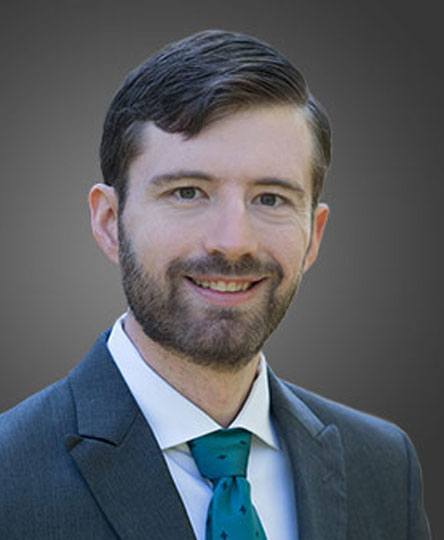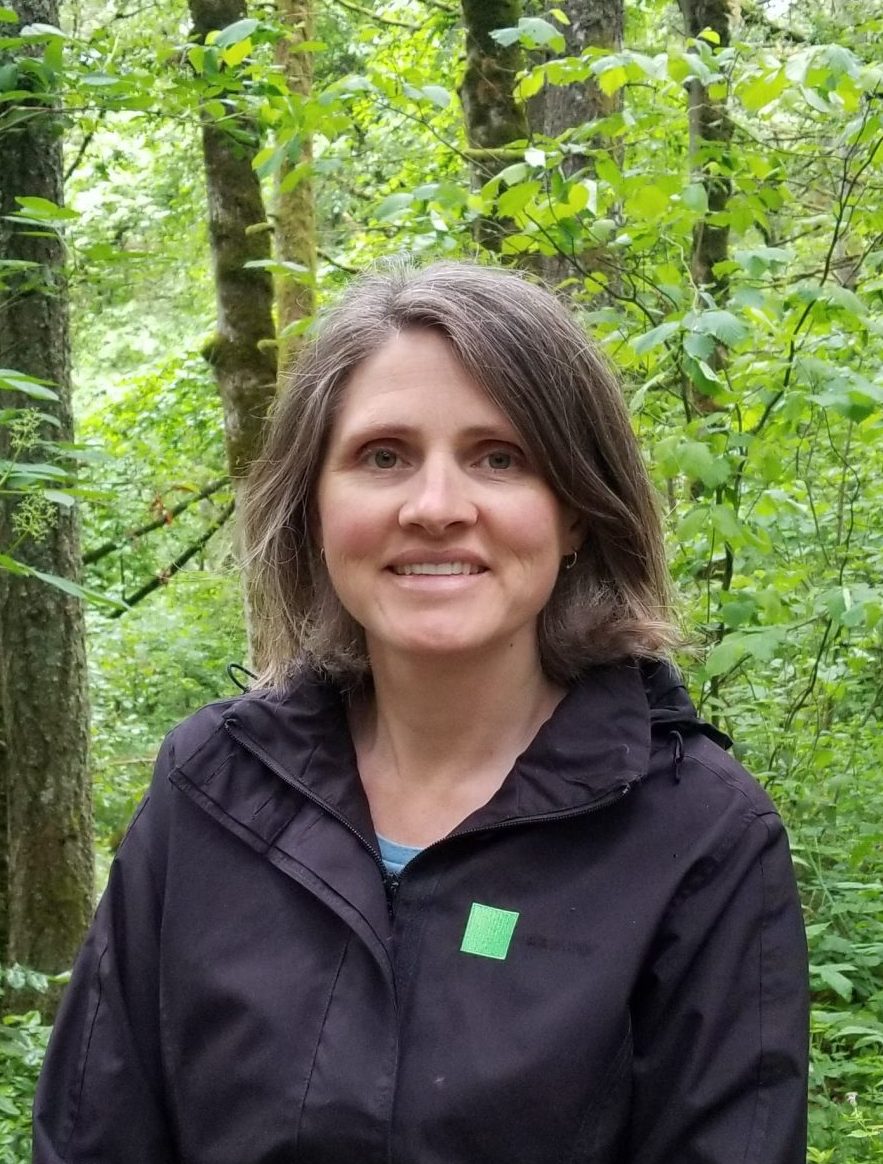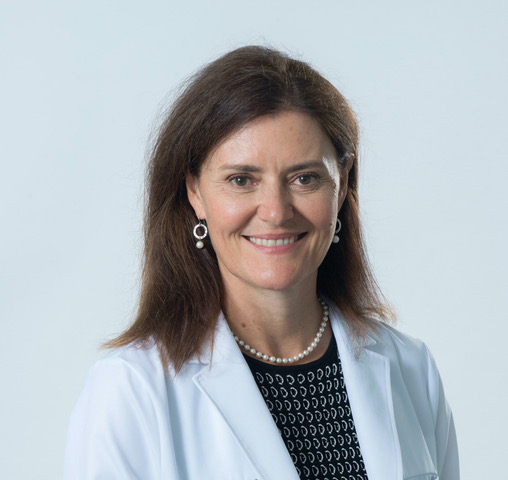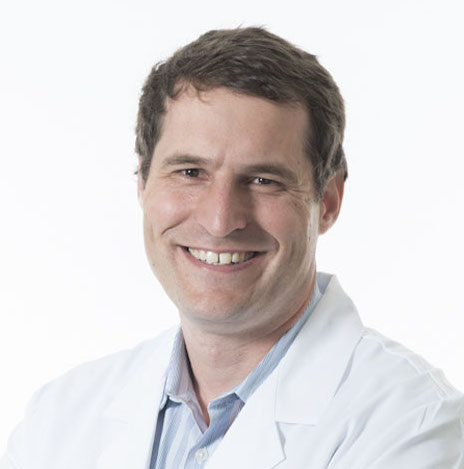
Dr. Ethan Fram
Dr. Ethan Fram, M.D. Urologist
City: Tualatin, Oregon
Areas of Expertise: Interstitial Cystitis, Bladder Botox, Urinary Incontinence

Dr. Michael P. Gardner
Dr. Michael P. Gardner, M.D.. Urologist
City: Tualatin, Oregon
Areas of Expertise: Interstitial Cystitis, Bladder Botox, Urinary Incontinence

Giselle Roedel, PT, DPT
Giselle Roedel, PT, DPT
Giselle Roedel – Endometriosis Physical Therapist
Summary: Giselle Roedel is a compassionate endometriosis physical therapist practicing at the Pelvic Wellness Center in Salem, Oregon. With a patient-focused, biopsychosocial approach, Giselle Roedel helps individuals manage pelvic pain by addressing the physical, emotional, and lifestyle factors that impact overall health and well-being.
Dr. Roedel’s personalized treatment plans often include myofascial release, movement education, and guidance on nutrition to support hormone health and promote self-care. She works closely with patients to restore function and improve quality of life in all areas, emphasizing holistic healing and empowerment. Her warm and collaborative style makes her a trusted partner for those navigating the challenges of endometriosis. Patients in Oregon and beyond benefit from her expertise and commitment to whole-person care that promotes lasting relief and wellness.
Visit types: Office/Hospital; Virtual
Spoken languages: English
Interpreting services for other languages: Yes
Philosophy of care and typical treatment strategies: Biopsychosocial approach to care, including myofascial release, movement education, general health, and nutrition as it relates to hormone health and self-care to achieve the desired level of function in all aspects of life

Dr. Shanti Mohling
Shanti Mohling, M.D.
Dr Shanti Mohling – Endometriosis Specialist, Minimally Invasive Gynecologic Surgeon
Summary: Dr Shanti Mohling, an experienced endometriosis specialist based in Portland, OR, takes a multifaceted approach to treating pelvic pain and endometriosis. Dr Mohling believes endometriosis originates during embryogenesis, and hormonal changes at menarche trigger its progression. Her philosophy combines a deep understanding of the condition’s genetic and environmental factors. With a focus on complete excision, Dr Mohling works to arrest the disease and improve her patients’ quality of life. She offers various hormonal therapies, including progestin-only contraceptives and bioidentical hormone therapy for surgical menopause patients. For pain management, she uses a combination of NSAIDs, nerve modulation, and sometimes Botox for pelvic floor myalgia. Dr Mohling’s holistic approach also includes collaboration with specialists in areas like functional medicine, pelvic floor physical therapy, and nutritional support, making her a compassionate and thorough provider for patients seeking expert care for endometriosis.
Incorporating her expertise and dedication, Dr Shanti Mohling is a trusted name in Portland for patients looking for comprehensive care in treating endometriosis and pelvic pain.
City: Portland, OR, USA
Philosophy: I believe endometriosis has multifactorial origins. Regarding surgical management, I treat it as though its origin begins with development during embryogenesis as the müllerian system is migrating. I believe most patients with endometriosis are born with it and that it flourishes during menarche with advent of hormonal changes. I also believe that there is a component of environmental impact such that a patient with genetic predisposition (and abnormal cells from embryogenesis) may do worse with an inflammatory environment (foods, pollution, stress, etc.). However, I believe that complete excision should mostly arrest disease and my treatment is based on mullerianosis as the genesis.
Medication: I work with patients in a collaborative fashion to arrive at the best option for each individual.
Hormonal therapies: Progestin-only contraceptives, combination oral contraceptives, Levonorgestrel IUD, Nexplanon occasionally. I almost never offer Depo Medroxyprogesterone acetate (due to side-effects) or GnRH analogs (due to side-effect profile and long-term negative effects). I have worked with bioidentical hormone therapy for over 20 years and also incorporate that when appropriate, such as in patients who have undergone surgical menopause or patients who do not tolerate synthetic hormonal therapy.
For pain: NSAIDS, occasionally narcotics, naltrexone and occasionally Medical Marijuana when appropriate. Sometimes neuromodulators such as gabapentin and pregabalin. I often recommend amitriptyline, especially in the case of interstitial cystitis. Finally, I sometimes prescribe compounded vaginal suppositories which may include valium, baclofen or ketamine.
I also use Botox for pelvic floor myalgia on a routine basis.
Approach to Persistent Pain After Surgery: I believe most pelvic pain is multifactorial: endometriosis, interstitial cystitis, bowel dysfunction (to include IBS, SIBO, Intestinal Permeability, gastroparesis), myofascial pain and neuropathic pain. At the initial work-up, I attempt to identify each of these contributors. Yesterday, I saw a postop patient who had had extensive endometriosis excised and confirmed by pathology. She had persistent pain. We reviewed her history of bowel symptoms, history of schistosomiasis and giardia (she had worked in Africa) as well as an exam suggesting pelvic floor myalgia. She will now work with a functional medicine specialist and pelvic floor physical therapist. We also discussed hormonal options (progesterone has a distinct effect on gastric function). This is very typical of my approach.

Dr. Nicholas Fogelson
Nicholas Fogelson, M.D., FACOG,
Dr Nicholas Fogelson – Endometriosis Specialist, Advanced Pelvic Surgeon, Minimally Invasive Gynecologic Surgeon.
Summary: Dr Fogelson is a leading endometriosis specialist and advanced pelvic surgeon based in Portland, Oregon. Patients from across the country trust Dr Nicholas Fogelson and his clinic, Northwest Endometriosis, also known as NW Endometriosis, for expert, compassionate care. With a strong foundation in the latest research, Dr Fogelson approaches each case with precision and empathy, offering tailored treatments that prioritize long-term relief. Thanks to his reputation for surgical excellence and individualized care, NW Endometriosis has become a top destination for patients seeking advanced support for this complex condition.
At Northwest Endometriosis, Dr Nicholas Fogelson provides excision surgery backed by a deep understanding of the varied presentations of endometriosis. His treatment plans often include pelvic floor therapy, lifestyle guidance, and selective use of hormonal therapy. Whether patients are local or traveling for care, Dr Fogelson and the NW Endometriosis team are committed to delivering ongoing support and expertise every step of the way.
City: Portland, Oregon.
Philosophy: I strongly believe that endometriosis is not one disease, but rather are a constellation of states of similar but not identical disease states. This concept is strongly supported by the very large number of genes that are tightly bound to the disease state, which is more characteristic of a multifactorial and multiorigin disease than a single disease entity. Ie. calling endometriosis one thing is like calling cancer one thing.
Right now the predominant theory is that of mullerianosis, suggesting that endometriosis is a defect of embryogenesis. This theory is supported by a variety of data. At the same time, we also have evidence of environmental factors that seem to promote endometriosis, either through actual genesis of disease or through worsening of the already existent disease and therefore making diagnosis more likely.
The variable response to various therapies among different patients is also suggestive that there is more than one underlying disease state. Ie some patients respond completely to surgical excision and have very little benefit from medical therapies, while some other patients have near-complete cessation of symptoms while on progesterone suppression. Some patients have severe pain, others have no pain, and may only present with infertility. Furthermore, the variability of the appearance of endo surgically also suggests more than one underlying origin. For example, there is a clearly a subtype of endometriosis that presents with high grade rectovaginal deep infiltrating endometriosis, while sparing the ovaries and other peritoneal surfaces. Other patients may have endometriotic implants studded throughout their pelvis, many superficial with perhaps some small deeper areas, without advanced deep disease in any particular area. Again, this suggests a different origin of disease rather than a clinical variation of an identical disease state.
At this point, our understanding of the disease is incomplete. My approach is to individualize care to each particular patient in efforts to improve her quality of life to the maximum. Most patients seek me out for excision surgery, which I do a great deal of. And at this point, excision surgery is the optimal treatment we have available. At the same time, it is critical that we keep an eye out to a better future understanding of the underlying disease that may open up other effective treatment modalities.
Medication: Most of my patients have already been on medical therapies with other physicians and have not found relief, leading them to seek out endometriosis surgery. My primary treatment modality is excisional therapy, but we may augment that with hormonal suppression postoperatively in some cases. Usually, this is only for 3-6 months postoperatively, but in some cases, patients may choose to be on suppression for longer. While in theory, a patient who has had full excision of disease should not benefit from medical therapy, there are some data that do suggest a decreased frequency of recurrent pain in patients who do use progesterone suppression after surgery. These data may be biased by the inclusion of surgery that is not as complete as what is typical in my practice and other expert-level surgeons’ practices, and this may explain this result.
I typically do not use GnRH modulators such as Lupron or Orilissa, as their side effect profile is often worse than the benefit gained, and a minority of women may experience long term harm from their use.
Approach to Persistent Pain: Every case is different, so there can be no one specific approach. Most patients have thorough excision of endometriosis as part of their treatment. Most experience substantial relief from this, but over time some may have recurrent pain.
All patients should be evaluated by a skilled pelvic PT and get support for pelvic floor pains. When this is severe pelvic floor botox may be appropriate. We also have to consider urinary tract sources of pain such as interstitial cystitis. When appropriate, some patients may have repeat laparoscopy if we believe there may be recurrent or residual disease (particularly if a patient comes in after surgery from an outside surgeon. We also must evaluate other neurologic sources of pain, such as vascular or ligamentous entrapment of pelvic nerves (ie nerve roots, sciatic, femoral, obturator, pudendal, etc.). In limited cases, direct neurolysis of affected nerves may lead to relief. When a persistent pain can be neurologically localized but is not addressable surgically, or surgery has failed to relieve the pain, direct neurostimulation of affected nerves can have substantial efficacy in decreasing or even eliminating pain. We also encourage all patients to eat a healthy anti-inflammatory diet and to get regular exercise.
While some patients travel to see us, many patients come from our local area and continue to work with our practice ongoing for their routine care as well as any issues of recurrent pain. We are committed to continuing to care for all of our patients, as long as it is practical for them. While many patients do travel for surgery, we think that the best care comes with an ongoing relationship with a physician who not only can operate but has a wide base of knowledge in pelvic pain, and can help manage care actively.

